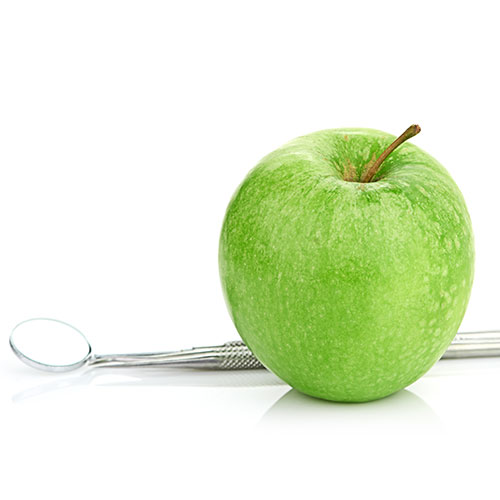Brushing and flossing may get the most attention when it comes to oral health, but the foods in your child’s diet are just as important in influencing their risk of oral diseases.
Parents may have questions about what foods are most helpful and harmful for their child’s oral health, and we are here to provide the information you need so that your child is eating optimally. We can also reinforce the healthy diet messages your child is already hearing at home.
Your child’s oral health benefits tremendously from good nutritional intake, so we understand the importance of incorporating this topic into our care. If you would like any more information about this aspect of our services, please call our office for more details.
Nutrition Recommendations For Optimal Oral Health
In many ways, the nutrition recommendations for a healthy smile are the same as those for a healthy body:

